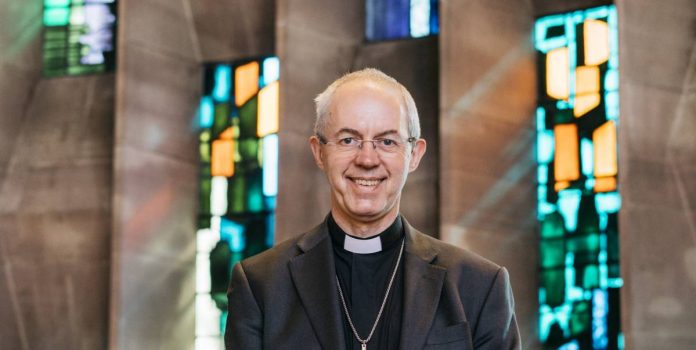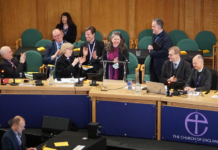Early on the first day of the week, while it was still dark, Mary Magdalene came to the tomb and saw that the stone had been removed from the tomb” [John 20:1]
This Easter we turn once again towards the light of Jesus Christ, the Prince of Peace, in a world marked by darkness and conflict. For some of our churches, Easter has long been celebrated in the shadow of war and instability. For others, this may be the first time in many decades that the resurrection and promise of Christ has been celebrated amidst the cruel reality of bloodshed, displacement and struggle.
We pray particularly for those suffering in Ukraine this Easter, as well as the many other places that face war and conflict across the world. We pray for the widows of Yemen, the orphaned of Ethiopia and those from Afghanistan who are facing famine or have become foreigners in search of safety. We hold before God the countless other places across the world where such deep suffering is seen and grieved by Him who knows our pain on the Cross. We also remember those suffering the ongoing effects of the pandemic, and our brothers and sisters across the world who face the grave and present threat of the climate crisis.
In this broken world, the way of the Cross is a calling to each of us. The foot of the Cross becomes a place to gather as one body and one people, facing different sufferings but united in our need for God’s healing and transformation.
We see in the wounds of humanity the risen Christ who still bears the scars of crucifixion. We see in the costly, sacrificial generosity of churches in Europe and around the world the redeeming promise of our Lord. In their support and hospitality in times of need, we see the Christ who is our refuge and our strength.
We give thanks to God for those religious leaders who have reached out to refugees and spoken out against evil, even at great personal danger to themselves and we are reminded that our fellowship in the Gospel when we speak and act together is more powerful than any wickedness.
For these signs of great hope, we give thanks. We celebrate life conquering death, wherever and whenever we see it.
Our calling this Easter remains the same as Christ’s call to his disciples: to be people who witness to the resurrection. When we, too, see and believe (John 20:9), we can be bringers of new life. We too are called to stand with the oppressed, the marginalised and the forgotten. We too are called to cry out for God’s justice and mercy to prevail, to denounce injustice and reject inequality in all the ways they appear in our world.
In St John’s Gospel, Jesus appears to a mourning woman and she is consoled. His beloved disciple, fearful and confused, sees and believes. Thomas doubts, and yet in the wounds of Jesus he finds the truth of Christ. Jesus welcomes those without status and without value in the eyes of the world. God’s message is made known to the wounded, the grieving, the confused, the rejected.
We have a saviour who does not turn his back on suffering and scarring, but bears it all, and so transforms it.
While it was still dark and all seemed hopeless on the first Easter Sunday, Jesus had already risen. Death had already been defeated. And the first day of God’s new creation had already begun.
May we each hear the wounded yet risen Christ call us by name this Easter, and may we greet him with joy on this new dawn of God’s creation.
Alleluia! Christ is risen indeed!
+Justin Cantuar:
The Most Reverend and Right Honourable Justin Welby
Archbishop of Canterbury



